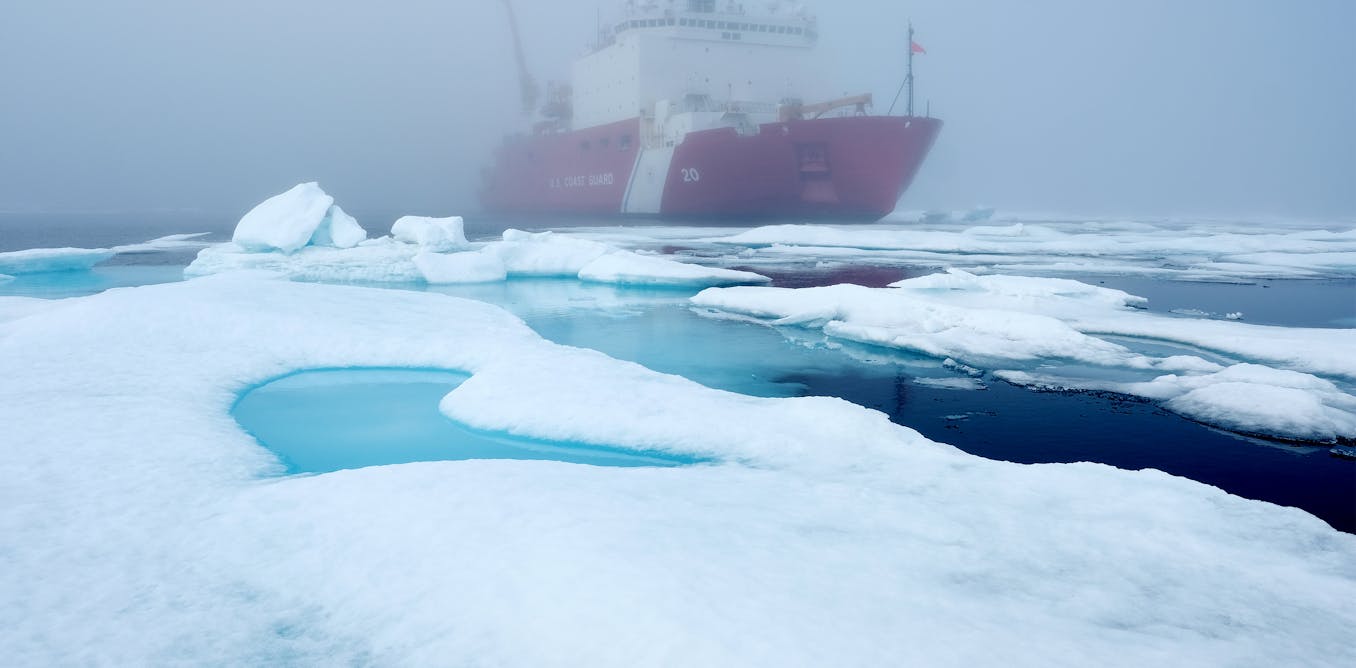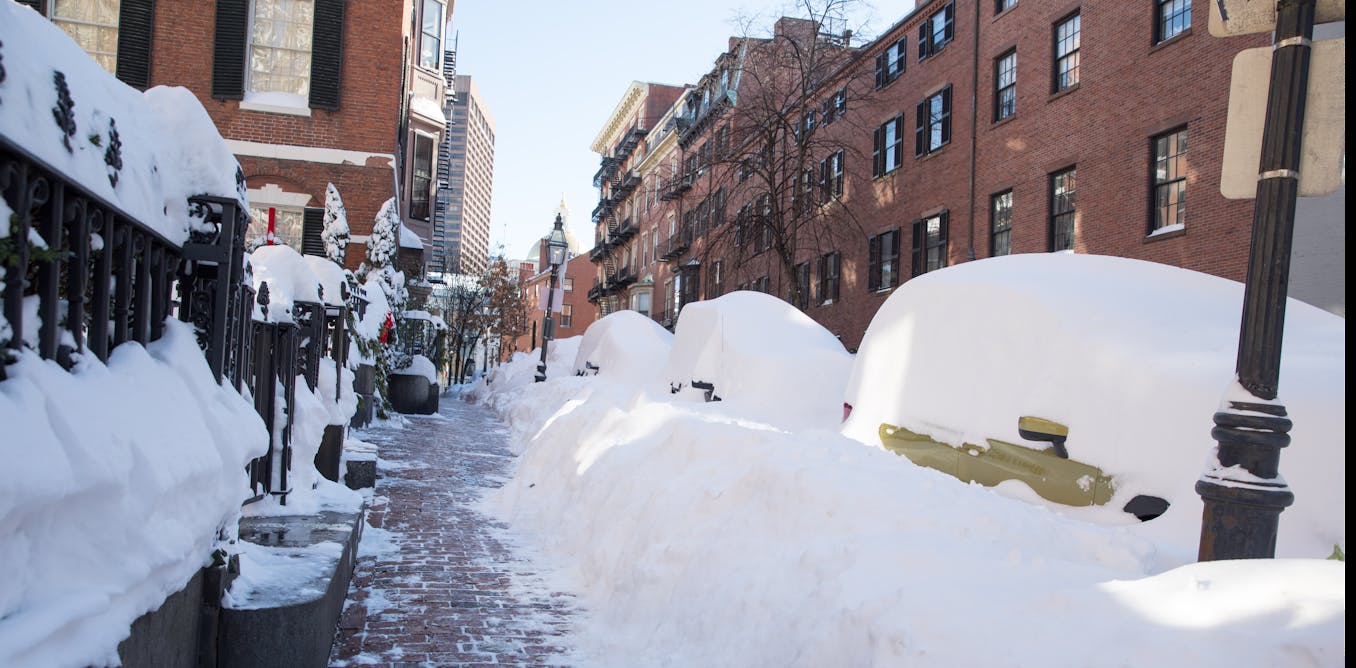What the jet stream and climate change had to do with the hottest summer on record − remember all those heat domes?
As a record-hot summer comes to a close, an atmospheric scientist explains how global warming drove long periods of extreme heat.
Sept. 18, 2024 • ~7 min



